Politics & Security
Arigato, Trump-san: A Welcome Wake-up Call for Japan
Published
6 years agoon

In the aftermath of United States President Donald Trump’s first official visit to Japan, it is timely to ask what has changed since winning his election 12 months ago. At first glance, as far has Japan is concerned, the answer would appear to be very little.
Overall, the friendly atmosphere of the visit suggests that Trump’s relationship with Japanese Prime Minister Shinzo Abe is much closer than his predecessor’s. His meeting with the families of Japanese citizens abducted by North Korean agents was, likewise, a welcome gesture for Abe, who rose to political prominence on the back of said issue, while it also sent an important signal to North Korea and its allies in Beijing.

Yet, beneath the surface, the tectonic plates of geopolitics are shifting in ways that arguably will have a profound impact on Japan’s strategic position. For the foreseeable future, the world likely will have to deal with a US that is much less committed to a post-war global order it sponsored, more transactional in its dealings with other countries, and less predictable in general.
Trump’s global significance lies less in what he says and does as president than in the fact that he got elected in the first place. Last year, he and his advisors identified a huge gap in the American political market and exploited it brilliantly. This opportunity was created by deep geopolitical and technological forces that long predate Trump and will continue long after he leaves office.
The risks to Japan are obvious. During the Cold War, Japanese regional security interests and American geopolitical strategy meshed almost perfectly. Post-1990, Japan fell into a paralysis that was not just economic, but diplomatic and strategic too. That being said, it suited both countries to pretend that nothing had changed. Only in the recent decade, with the rise of a ruthlessly assertive China, has the reality become too obvious to ignore. The US-Japan relationship arguably is now of more importance to Japan than to the US.
Even the North Korean crisis has the potential to create fissures. Trump is the first US president to understand that no satisfactory solution is possible without a Chinese buy-in. For that China would extract a high price, almost certainly involving a diminution of American influence in Asia. Tacit approval of China’s island-building program in the South China, removal of the THAAD (Terminal High Altitude Area Defense) system in South Korea, and perhaps even a drawdown of the American military presence there—these are just some of the possible carrots that may be dangled in front of Beijing. There are some sticks available too. Notably, the prospect of a wholesale collapse in the control of nuclear proliferation, leading to a nuke-capable Japan, South Korea, and/or Taiwan. That would be one of China’s worst strategic nightmares.

Bannon’s Dark Vision
Japan has a role to play in any potential North Korean endgame, but the outline would likely be decided by the balance of interests between the United States and China. That could well be the shape of things to come on larger issues, as many American thinkers and policymakers are themselves forecasting. Hence, all the talk of “avoiding the Thucydides trap,” which refers to the likelihood of a previously dominant power clashing with a newly emerging power, as Sparta did with Athens in the fifth century BC. It was American political scientist Graham Allison of the Kennedy School of Government who popularized the term. Chinese President Xi Jinping cited it in a 2016 speech, however.
Henry Kissinger is just one of several strategic thinkers who believe that accommodating the rise of China without military conflict will be America’s number one challenge of the 21st century. Some, including former national security adviser Zbigniew Brzezinski and influential British historian Niall Ferguson, have favored the establishment of a so-called "Group of Two," consisting of China and the United States.
“G2” cooperation is unlikely to proceed quite as smoothly as the late Brzezinski hoped when he spoke in 2009 of harmonious relations between “the two countries with the most extraordinary potential for shaping our future.” Yet, neither has Donald Trump been able to implement any of the aggressive anti-China sanctions he ballyhooed of during his campaign. The reality is that Trump’s base purchases a lot of “Made in China” products and major US companies are deeply embedded in the Chinese market—quite a few American farmers are too.
Steve Bannon, Trump’s former chief strategist, described the situation as follows: “The economic war with China is everything…. If we continue to lose it, we’re five years away, I think, ten years at the most, from hitting an inflection point from which we’ll never be able to recover.”

Bannon himself lasted only a few months in the Trump White House, but in terms of the leverage the US can bring to bear, he may well be right.
The End of American Exceptionalism
“Nations have no permanent friends, only permanent interests.” This remark by 19th century British statesman Lord Palmerston is a statement of the obvious. However, these words appeared less relevant in the ideology-riven 20th century. In particular, following conclusion of the Second World War, a succession of US presidents used the concept of American exceptionalism to justify foreign policy decisions in moral terms. As Harvard University political scientist Stephen Walt points out, the terminology used, such as “the shining city on the hill” and “the indispensable nation,” had strong religious overtones.
The US created and sponsored the post-war architecture of institutions, such as the International Monetary Fund, the World Bank, NATO, and the various rounds of tariff reductions that helped to stimulate international trade. Even if the US stood apart from particular components, such as the International Court of Human Rights, support for the system itself was hardly ever in doubt.
When realism did conflict with idealism, a greater idealism could be cited to justify unpleasant necessities, as with the Nixon-Kissinger rapprochement with China in 1973. In order to counter Soviet communism, the US made a deal with Mao Zedong, a dictator responsible for tens of millions of deaths of his fellow countrymen. The price the US agreed to was the sacrifice of capitalist Taiwan, which found itself expelled from the community of nations.
The first president to dial down American exceptionalism was Barack Obama, who declared, “I believe in American exceptionalism, just as I suspect the Brits believe in British exceptionalism and the Greeks believe in Greek exceptionalism.” For this he was excoriated by conservatives, such as Mitt Romney. Trump has gone much further than Obama. In response to a criticism of the brutal methods of Russian President Vladimir Putin, Trump stated: “There are a lot of killers. We have killers. You think our country is so innocent?”
Moral equivalence (the idea that the US is morally little different from its opponents) is usually associated with leftist intellectuals, like Noam Chomsky. As with opposition to the Trans Pacific Partnership and NAFTA, Republican President Donald Trump has appropriated ideas from the other end of the political spectrum.
The End of Japanese Exceptionalism
It is more than likely that, in coming decades, handling the rise of China will become a defining issue for US domestic politics, with political leaders and parties being measured by their degree of friendliness or hostility towards Beijing. Indeed, it would be no surprise if Trump were to be succeeded by a polar opposite who would make warmer relations with Beijing a top-priority.
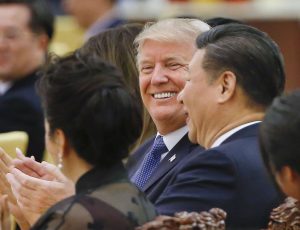
The US’ relationship with Japan will be driven by its relationship with China, not the other way around. Meanwhile, China will aim to loosen the relationship in order to further its goal of regional hegemony. To that end, it will probably seek to influence political events within Japan by all the means at its disposal—overt and covert—as the US did in its time.
The great service that Donald Trump has done Japan is to make explicit what many—including policymakers and experts in both Japan and the United States—have often preferred to ignore. All countries have different interests and they, perhaps inevitably, put their own interests first. It follows, just as night follows day, that no country can rely on another for its national security in perpetuity.
The end of American exceptionalism means the end of Japanese exceptionalism too. Constitutional reform is just the first step in the long journey to normalization of Japan’s security posture and capabilities.
Author: Peter Tasker
You may like
-


Birth of an Asian NATO: A New Strategic Alliance Emerges Amid Regional Tensions
-


EDITORIAL | Why Spare Kishida from LDP Party Funds Mess Fallout?
-


Taiwan Relations Act at 45: Where's Japan's Version?
-


Possible NATO Invitation for Kishida as Biden Seeks Regional Cooperation
-


US Election Hampers Nippon Steel Buyout in a Potential Windfall for China
-


Trump 2.0: What Would It Mean for Japan


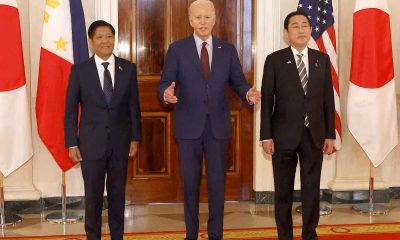

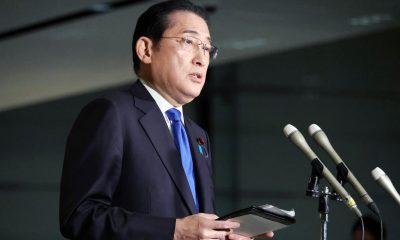

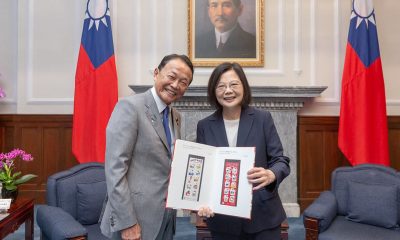

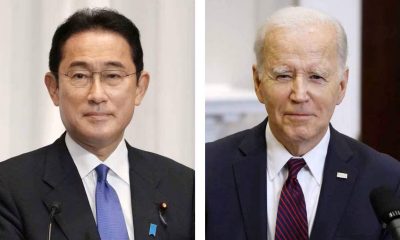

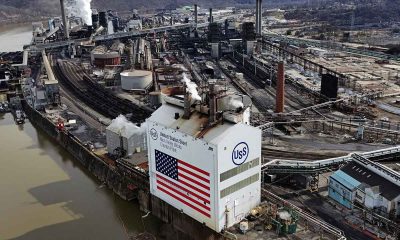

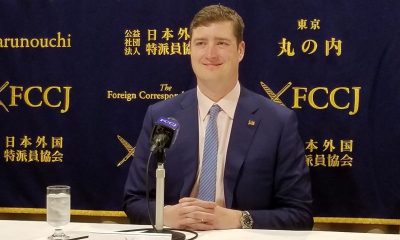


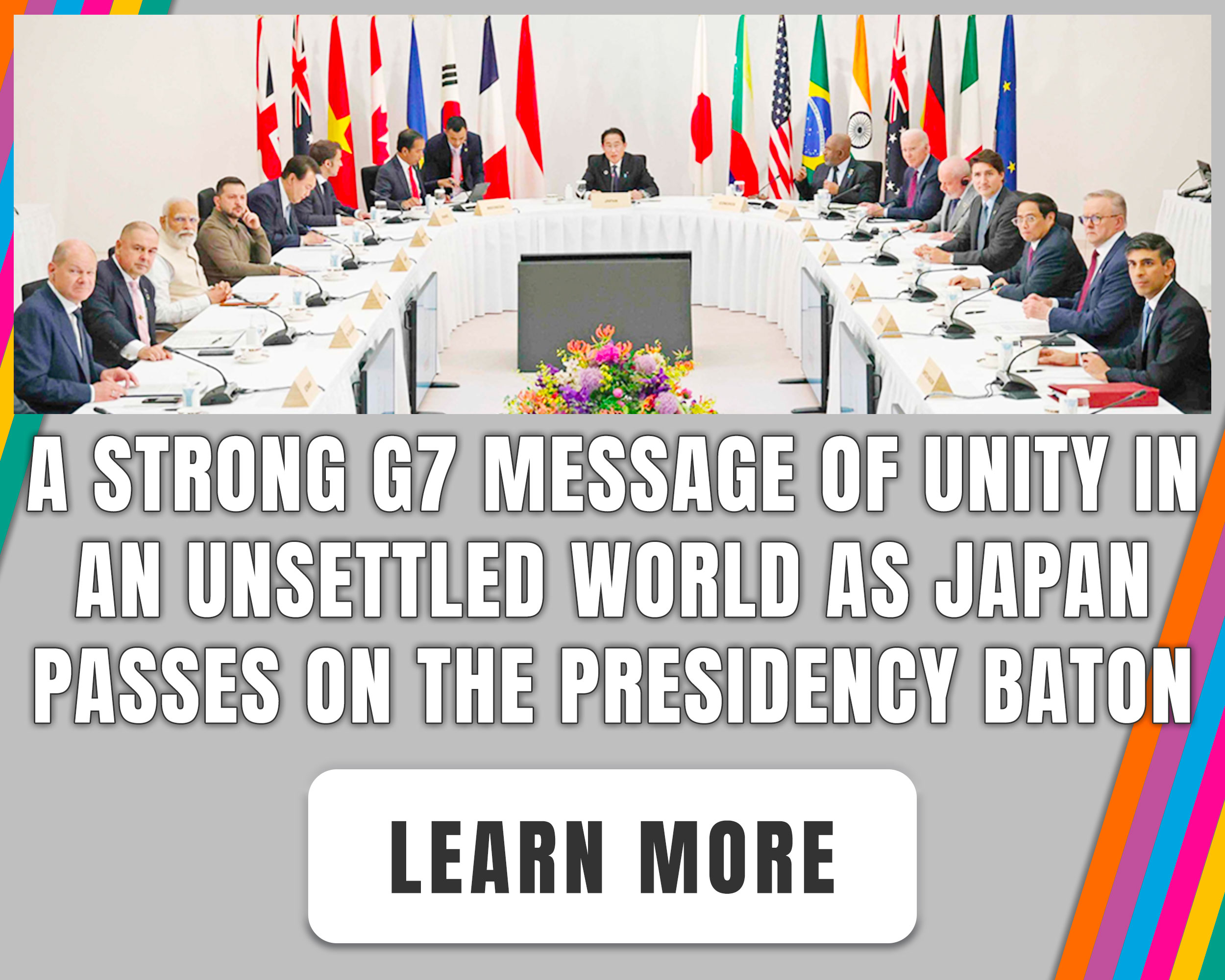
You must be logged in to post a comment Login